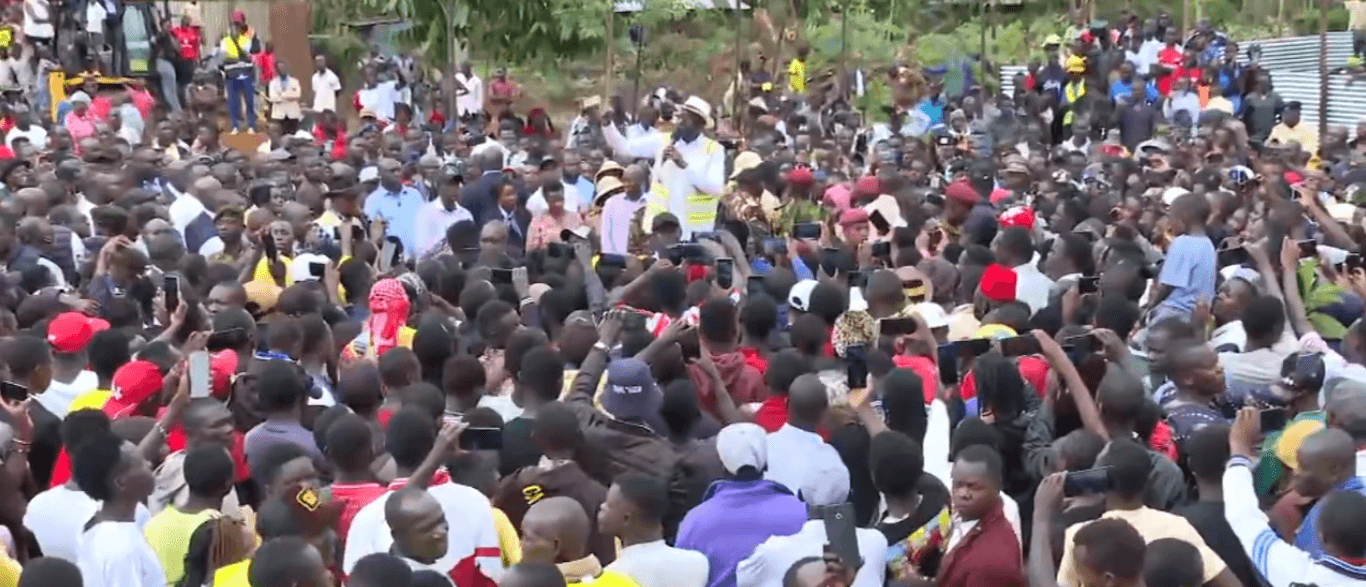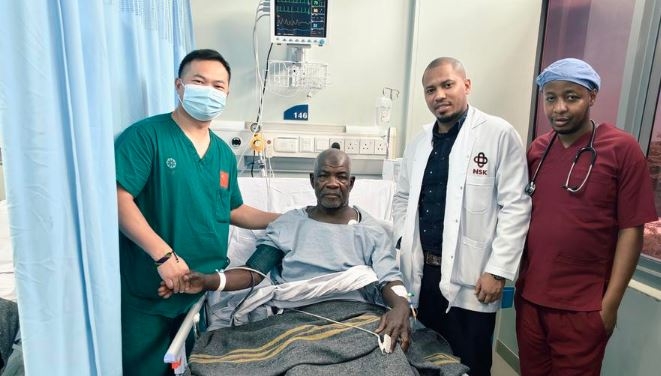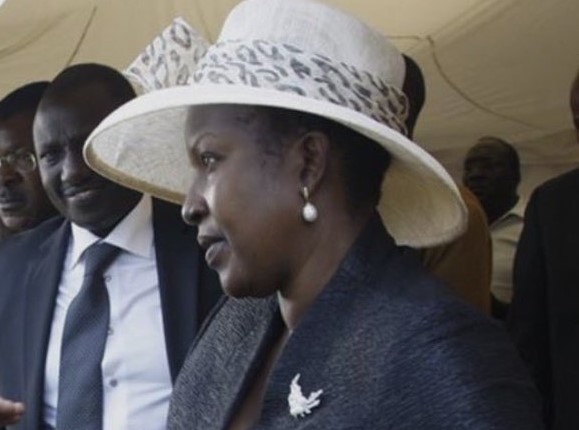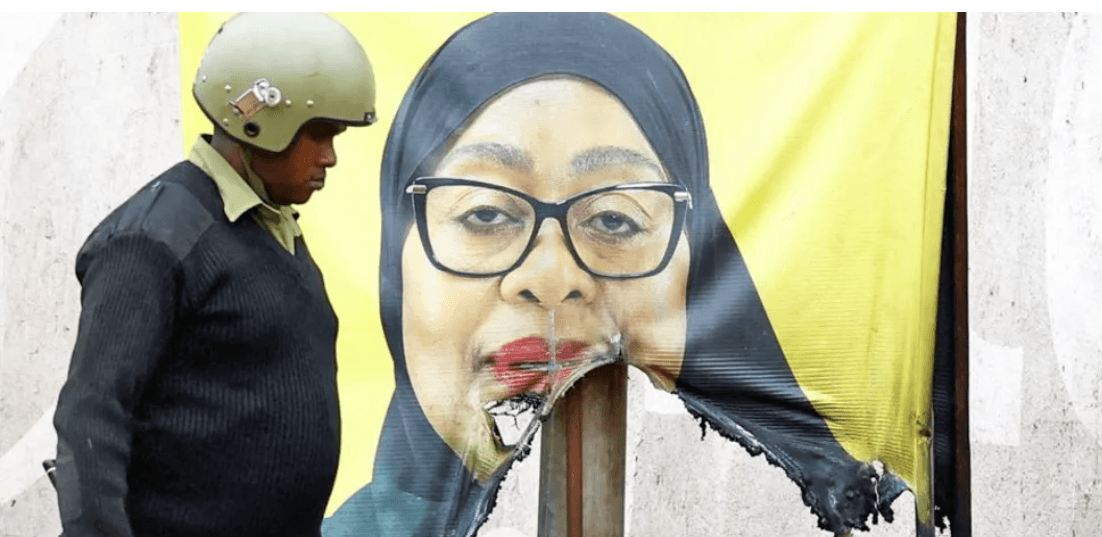A Homa Bay court has ordered the Star newspaper to pay a businessman and his company Sh22 million for a story it published in 2018.
Justice Kiarie Waweru Kiarie penalised the paper for writing about Ernest Owino, the director of Mbingo Enterprises. It stated he was being investigated by the EACC on alleged corruption.
The Star had published a story from documents it received from the EACC, saying Owino’s company was being probed in relation to Governor Okoth Obado’s Sh100 million home in Uriri.
“After considering the authorities cited by both parties, I award Sh10 million to each plaintiff in general damages, Sh1 million exemplary damages to each plaintiff against the defendants jointly and severally,” the court ruled.
This means that Owino will get Sh11 million and his company has been awarded the same amount — totalling S22 million.
The court has also issued a permanent injunction restraining the Star from publishing or continuing to publish articles defamatory to Owino, now and in the future.
The judge further slapped the paper with costs of the suit to be paid to Owino but it has 30 days to appeal the judgment.
Owino sued the Star for defamation after the story was published, claiming the article was defamatory and punitive.
The Star in their defence in court said the story was factual and published in good faith due to immense public interest.
However, in his judgment delivered on Wednesday last week, Justice Kiarie ruled the Star rushed to publish the article.
“It is clear the defendants rushed to publish the impugned article without checking on its veracity,” the judge said.
He said the fact that one is under investigation does not make him or her guilty of the allegations being investigated.
Judge Kiarie said it was not in dispute that Owino’s company was the subject of investigations by the EACC.
The court also said the Star had realised the flaw of its article and published an apology on September 26, 2018.
In its apology, the paper said it got the information used to publish the story from the EACC.
Judge Kiarie said in order to determine whether a statement is defamatory will depend on how a reasonable person on reading the story perceived Owino and his company.
The court held even though the reporter who wrote the story testified that it was factual, the published apology was an indication the media house realised that the story was false.
It was the court’s view that Owino and his company had proved the story published was false.
“I, therefore, make a finding that the article complained of was defamatory,” the judge said.
Judge Kiarie said any person reading the article would have concluded without straining that Owino and Mbingo Enterprises were corrupt and formed part of the cartel that was syphoning public funds in Migori county.
“The conclusion I draw is that the defence of justification was not available to the defendants (the Star). I, therefore, find the plaintiffs have proved their case on a balance of probabilities,” he said.
Judge Kiarie said Mbingo Enterprises has been in business for 12 years and the publication by the Star must have harmed its public standing because the article attributed criminality to them.
The court said in an action of defamation where damages for loss of reputation is involved, the principle of restitution is necessary, which will put the plaintiff in purely a financial sense in a much stronger position than he was before the wrong was committed to them.
The judge ruled that the huge damages awarded are not merely for them to recover the estimated sum of their past and future [losses] but to show people how grave the false allegations were.
“In case the libel, driven underground, emerges from its lurking place at some future date, he must be able to point to a sum awarded by a jury sufficient to convince a bystander of the baselessness of the charges,” the court held.
Owino also wanted the court to order the Star to issue an apology for the published story but the court did not issue that order.
Owino claimed his company was incorporated way before the Migori county government came into existence.
The court said Owino had produced a copy of the certificate under the Companies Act, 2015 in respect to Mbingo Enterprises Limited, which showed that it was registered in 2009.
“From the attached documents, the plaintiffs have proved the second plaintiff was not incorporated by or with the influence of Governor Okoth Obado,” the court ruled.
Judge Kiarie further ruled Owino had proved that his company. Mbingo Enterprises was not a dubious firm.
(Edited by V. Graham)











